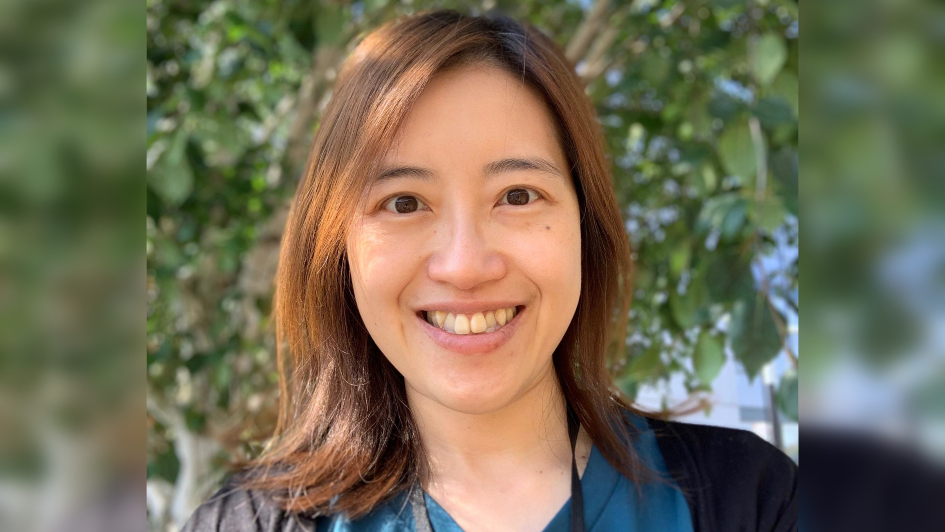
Image: Professor Christina Yap.
Today, scientists around the world will be celebrating Ada Lovelace day – recognising the achievements of women in science, technology, engineering and maths (STEM).
Ada Lovelace, whose actual name was Ada King, Countess of Lovelace, was a mathematician and writer who is often referred to as the first computer programmer and is best known for her work on Charles Babbage’s ‘Analytical Engine’.
After her death in 1852 from cancer at the age of 36, Ada’s notes on the Analytical Engine inspired Alan Turing’s work on the first modern computers in the 1940s.
Our Scientific Computing Service teams work at the cutting edge of artificial intelligence (AI) and Big Data – for instance, applying machine learning to the challenge of cancer evolution, and using our canSAR database to find new drug targets.
Her passion and vision for technology paved the way for many women in STEM today, and so Ada Lovelace Day is used to increase the profile of these women, creating new role models to encourage more women into STEM careers and support those already working in the field.
One such woman is Professor Christina Yap, Team Leader in the ICR’s Clinical Trials and Statistics Unit (CTSU), who is involved in designing and delivering high quality clinical trials with widespread clinical impact.
Clinical trials are an essential stage in the development of new medicines, comparing the effect of one treatment with another and ensuring they are safe and effective. However, Professor Yap is looking at how we can make these trials more efficient and beneficial for the patient themselves.
Benefiting earlier from life-changing treatments
One challenge in clinical trials is the amount of time and money it can take to bring innovative drugs and treatments to cancer patients. As the ICR found in our 2018 drug access report – From Patent to Patient – it takes on average of 12 to 14 years to bring a new cancer drug to market from the point of patenting through to licensing.
But Professor Yap believes that a more innovative and flexible approach to running clinical trials – from the design of the trial to the way the data is analysed – could be a step in the right direction to ensure patients with cancer can benefit earlier from smarter, kinder treatments that are best suited to them.
She explained:
“We know that intelligent trial design plays a vital role in reducing the time it takes for new treatments to reach patients by helping to generate the required standard of evidence for drug approvals from regulatory bodies such as NICE more quickly.
“A vital part of this is introducing dynamic and efficient statistical techniques, to improve clinical trial design and enable trials to be used to their best potential to influence clinical practice.
“Ultimately, of course, all of this comes back to getting new drugs safely, effectively, and as quickly as possible to the patients for whom they can be life-changing.”
Women all over the world are inspired by Ada Lovelace to do better and aim higher in science and technology, but there is still a need for strong women role models in every stage of research. Professor Yap is motivated by a desire to ensure that trials are utilised to their best potential to influence clinical practice, aiming to get the best possible outcome for patients with smarter, kinder treatments.
